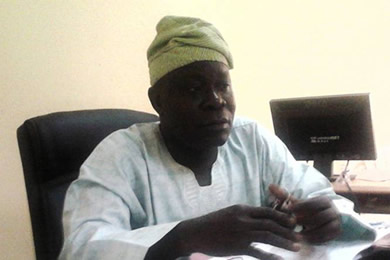Better Systems = Better Service Delivery = Better Schools (Lagos)
“Before the reform in 2010, the LGEAs had no plans, no targets, and no goals. There were no clear job functions or work plans for staff. Everything we did was unplanned, which made basic education at the state and local government levels poorly managed.” – Hezekiah Adebayo (Deputy Director, SUBEB)
The Lagos State Universal Basic Education Board (SUBEB) and Local Government Education Authorities (LGEAs) were established by law to work together to manage basic education services in Lagos State. However, the institutions had been largely ineffective because of their weak structure and a general lack of clarity in their roles and relationship.
“There were serious overlaps in responsibilities, conflicting job roles and duplication of activities causing confusion and inefficiency”, said Adebayo (56), who is responsible for coordinating the Board Secretary office for overall day-to-day management of SUBEB.
Through ESSPIN’s interventions, however, the government institutions were supported to develop new strategies and plans, which now guide their current activities; streamline their structure and functions; and clarify areas of collaboration and limitations of each body. SUBEB departments are now able to coordinate with LGEA units and LGEAs are carried along in planning and implementation.
This means much needed government resources and the reforms in teaching and learning can be directed more effectively to the schools and students to improve the quality of their education.
“We are better positioned now to effectively manage basic education in Lagos State,” an elated Adebayo emphasized.

Mr. Hezekiah Adebayo (left) explaining the change brought by the SUBEB/LGEA reform and supported by ESSPIN.